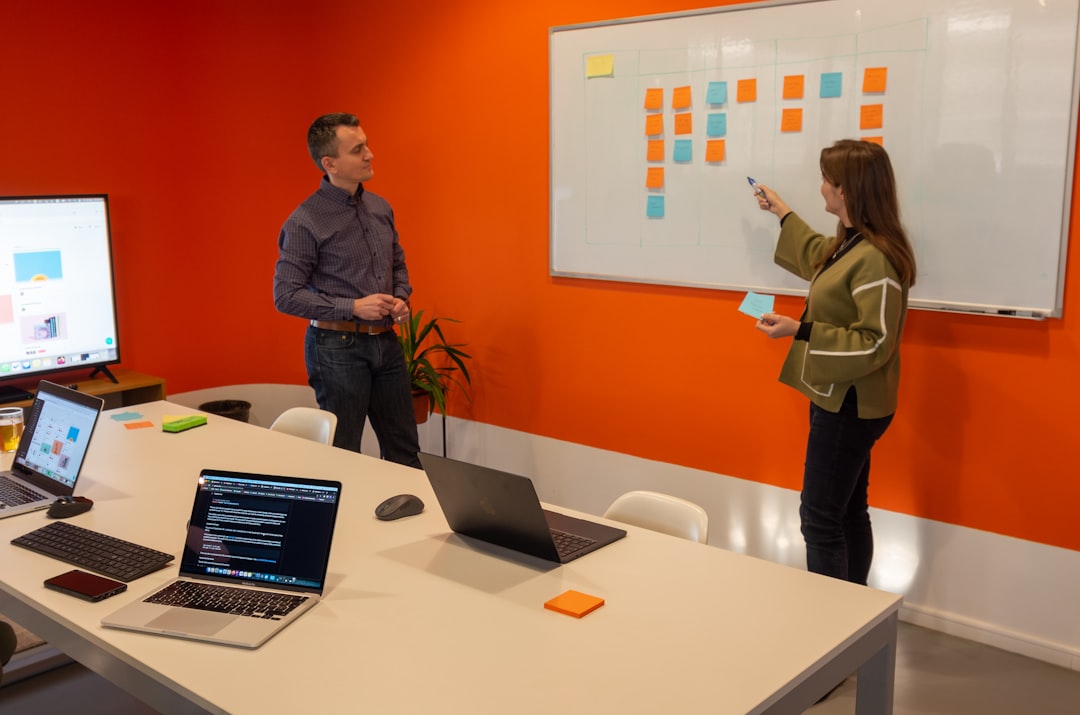No products in the cart.
Navigating Collaboration in a Hybrid, AI-Driven Workplace
Discover how the future of workplace collaboration is being transformed by hybrid models and AI technologies, offering new pathways for success.
Toronto, Canada — As organizations navigate the uncharted waters of a hybrid work model, new insights from the McLean & Company report shed light on the future of workplace collaboration. With the rise of artificial intelligence (AI) and evolving employee expectations, companies are at a crossroads. They can either adapt to these changes or risk becoming obsolete.
The pandemic forced many workplaces to embrace remote work almost overnight. A year into this experiment, it’s clear that some companies flourished while others floundered. Those that thrived were the ones that embraced a culture of collaboration, leveraging technology to foster connections, even when teams were physically apart.

The McLean & Company report emphasizes that effective communication remains crucial in hybrid teams. The authors argue that organizations must cultivate an environment where employees feel empowered to share ideas and feedback freely. This is not merely a suggestion; it’s a necessity. In a world where AI can facilitate everything from scheduling to data analysis, the human touch—empathy, understanding, and connection—becomes even more critical.
Take, for example, the story of a marketing team at a tech startup in San Francisco. When the pandemic hit, they transitioned to remote work. Initially, communication broke down. Ideas that once flowed freely in brainstorming sessions became stilted in email threads and chat apps. Recognizing the need for change, the team instituted regular virtual “water cooler” chats—informal video calls where team members could discuss everything from weekend plans to project hurdles. These sessions not only rekindled camaraderie but also sparked innovative ideas that propelled their campaigns forward.
The McLean & Company report emphasizes that effective communication remains crucial in hybrid teams.
However, the shift to hybrid work is not without its challenges. According to the report, many employees report feelings of isolation and disengagement. A study by Gallup found that remote workers are 20% less likely to feel connected to their colleagues compared to those in traditional office settings. This disconnect can lead to decreased motivation and productivity, creating a vicious cycle that organizations must break.
To counteract these issues, leaders are tasked with finding creative solutions. One strategy emerging from the report is the implementation of AI-driven tools that facilitate collaboration. For instance, platforms that intelligently suggest team members for projects based on skill sets and past performance can help ensure that the right people are working together, regardless of location.
Moreover, as the workforce becomes increasingly global, cultural sensitivity in communication is paramount. Leaders must be aware of how cultural differences can impact collaboration styles and communication preferences. A recent survey by Deloitte found that 62% of workers believe that their organization does not adequately address cultural differences, suggesting a significant gap that needs attention.
As we look ahead, the workplace of the future will likely be defined by flexibility and inclusivity. Organizations that prioritize well-being and foster a sense of belonging will not only attract top talent but also retain it. According to a report from McKinsey, companies that prioritize diversity and inclusion are 35% more likely to outperform their competitors.
The McLean & Company report provides a roadmap for organizations seeking to thrive in this new landscape. It emphasizes the importance of building trust within teams, enhancing digital communication skills, and embracing technology as a partner in the collaborative process. By doing so, companies can create a workplace where employees feel valued, engaged, and empowered to perform their best work.
For instance, platforms that intelligently suggest team members for projects based on skill sets and past performance can help ensure that the right people are working together, regardless of location.
As we stand on the brink of a new era in workplace collaboration, the call to action is clear. Embrace change, prioritize human connection, and leverage technology to create a thriving, inclusive workplace. The future is not just about surviving; it’s about thriving in the hybrid, AI-driven world.











